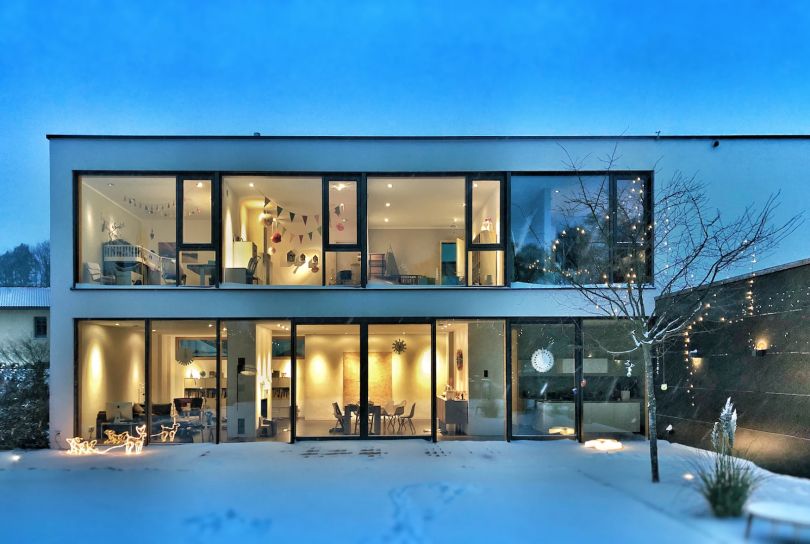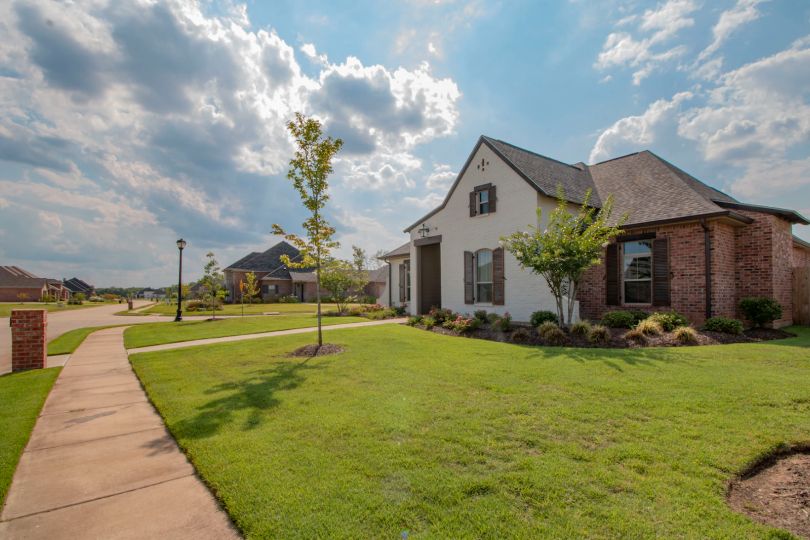Smart And Easy Ways To Increase Your Home’s Value

When you own a home, you start thinking about property differently. This isn’t just a place you spend a lot of time; it’s an investment, and that investment can either earn you wealth in the long run or lose you wealth. It’s a scary thing to think about, but it’s also extremely important, particularly if your home as an asset is part of your retirement plan.
The following will look at some simple and clever ways you can increase your home’s value. It’s worth noting, of course, that every real estate market is different. It’s a good idea to speak to a local real estate agent about what increases value in your area; it’s completely possible to price a home out of the market, making many of your changes not worth the cost.
Maintenance First
It doesn’t matter how lovely a feature of your home is if it’s not maintained. Things wear out over time, and worn elements are worth less money. Take the time to ensure you’re meeting your home’s maintenance requirements. Take care of your gutters, deal with drainage issues in your yard, clean and replace window screens, clean your windows, replace filters for your HVAC system, scrub down your deck, reseal fences, clean beneath your porch, repair driveway cracks, regularly test your sump pump, and have your chimney cleaned properly by a professional. These little efforts build up over time and help keep your home well-valued. It can also save you money for the duration of the time you’re planning on living in the house.
There’s no point in adding new features if you can’t take care of the ones you have. They’ll fall apart quickly if not cared for, likely losing you money overall.
Curbside Appeal
Your home’s first impression is a key component of how much it’s worth. This means that efforts put into the outside of the home tend to increase the value a little more than efforts put on the inside. First and foremost, this means cleaning up any garbage that has gathered on your property. Second, it means tending to the outward appearance of your home. This might include cleaning the siding (or replacing it) and caring for the driveway, steps and front porch. One awning company in NJ points out that less expensive details that add aesthetic value to the exterior can really amp up your home’s curbside appeal. This might include shutters, awnings, fences and flower baskets.
If you’re not sure where to start, simply stand outside the front of your house. What sticks out? What could be improved? You can also flip through some home magazines at your local library to get inspired.
Landscaping and working with natural elements like trees and bushes can really add value here. Of course, be aware of your own time availability and gardening skills. Dead flora and fauna don’t sell homes!
Don’t Go Unique
No matter what home improvements you’re making, it’s important to know that the more outrageous, different or unique, the less likely a change is going to have a positive effect on your home’s value. This is because it’s less likely that the alteration is going to suit the tastes of a given homebuyer. When a home has strange or unusual features, many people shopping for a home look at these features and feel like they have one more thing on their to-do list: getting rid of the oddity.
Of course, your home is your home, and if you’re planning on living in it for a while, you should make it comfortable for you. Just know that extreme colour choices, unusual elements or things quite out of place stylistically can distract home shoppers and deter them.
The Big Things
When someone’s looking to buy a house, they tend to have a short list of the big important things in their mind. If your roof needs repair (or a complete renovation), this is a massive expense that can deter home buyers and therefore lower the worth of your home. Similarly, insulation is a common consideration people have, as well as any dated/toxic home elements like lead pipes or pests. People try to avoid large, expensive projects when they can, and this means if there are any glaring issues with the big things when it comes to your home, you run the risk of having a lower home value.

Pay Attention To The Plumbing
The rooms that use water in your home—namely, the kitchen and bathroom, but also your laundry room—are rooms that can really improve your home’s value. Ensuring that elements are new and functional, as well as energy-efficient can help bolster your home evaluation. These are also areas where renovations tend to earn their investment back; cupboards painted a clean, fresh color, new countertops and replaced fixtures like taps can all help improve these spaces and increase value.
Cut Energy Costs
It’s worth expanding on the point about energy costs mentioned above. Any changes you can make to lower the cost of living within the home increase the home’s value. Insulation was discussed earlier, but this can also mean updating electrical work, improving the heating or cooling system, selecting dimmer switches and opting for appliances that are energy efficient.
Be Wary Of Smart Technology
While the common advice for a while now has been including more smart home features, this might not be accurate any longer. As people become more aware of data and privacy considerations, many folks are turning away from smart home tech. This means that it’s possible these sorts of additions might hurt home value in the future. At the moment, it’s too soon to tell. This means it’s a good idea to pause any of your smart home efforts until the market decides how it feels about them.
The above information should have given you a few straightforward ways you can increase your home’s value. If you’ve tackled a lot of the above but are still looking for a way to increase the worth of the property, you might want to invite an inspector to take a look and make recommendations, as well as a real estate professional who can let you in on current trends that seem to be encouraging home sales. While you’re at it, you might want to pop into your local government meetings and see if there are developments underway that you should encourage or discourage, as neighborhood features are also a major component of housing value.
